5 development trends of environmental industry in Vietnam
Faced with the consequences of environmental pollution, resource degradation and depletion, climate change and natural disasters, green transformation towards sustainable development has become a top priority strategy of countries. The growth of the traditional linear economic model, dependent on over-exploitation of resources, large consumption of fossil energy and high emissions has exposed its limitations, putting great pressure on nature, the environment and the quality of human life.
To overcome this situation, the environmental industry is identified as an important pillar in implementing the green growth strategy, both a driving force for economic development and an irreplaceable effective tool to fundamentally solve environmental problems and achieve sustainable development goals.
Environmental industry is not only a technical industry, but also a specific economic sector, contributing to protecting human health, maintaining ecosystems and creating many green jobs with high added value.
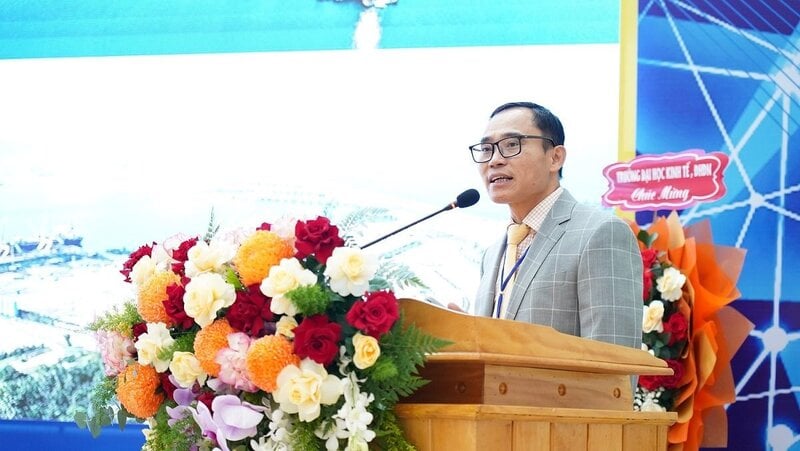
Associate Professor, Dr. Luu The Anh, Director of the Institute of Natural Resources and Environment, Vietnam National University, Hanoi . Photo: Vien Nguyen
According to Associate Professor Dr. Luu The Anh, Director of the Institute of Natural Resources and Environment (Hanoi National University), there are currently five trends in the development of the environmental industry in Vietnam.
Firstly , promote the application of advanced technology and digital transformation in environmental management. To meet the requirements of monitoring, managing and controlling pollution in the process of strong industrialization and urbanization, many localities and enterprises in Vietnam have deployed IoT technology, smart sensors and automatic, continuous, real-time environmental monitoring systems.
The Ministry of Agriculture and Environment has built a system of automatic, continuous environmental monitoring stations to transmit data to the national control center, helping to warn of environmental incidents early, although the warning target is still limited. Production and business establishments with large sources of wastewater and emissions have had to install automatic, continuous, real-time monitoring systems to transmit data to local environmental management agencies for monitoring.
Some private enterprises have applied AI technology in waste classification at source, management and operation of solid waste and wastewater treatment plants, contributing to optimizing costs and improving treatment efficiency.
Second , promoting the development of circular economy and resource recycling: The Prime Minister signed Decision No. 687/QD-TTg dated June 7, 2022 approving the Circular Economy Development Project, in which the environmental industry is considered a pillar in the collection, recycling and reuse of waste.
Models of recycling plastic, paper, metal and organic waste into commercial products or production materials are expanding in large industrial zones such as in Ho Chi Minh City, Dong Nai, Hai Phong. In addition, business initiatives such as collecting glass bottles and aluminum cans for reuse have contributed to reducing the amount of waste discharged into the environment.
Third, developing eco-industrial parks and eco-enterprises based on the industrial symbiosis model: With the support of the United Nations Industrial Development Organization (UNIDO), the Ministry of Planning and Investment (now the Ministry of Finance) has piloted the conversion of a number of traditional industrial parks into eco-industrial parks in Hai Phong, Ninh Binh, Can Tho, and Da Nang.
Enterprises in industrial zones are encouraged to exchange by-products, reuse energy and wastewater, and reduce greenhouse gas emissions. This trend helps save resources and improve the competitiveness of the environmental industry in the global value chain.
Fourth, expanding the role of the private sector and attracting green financial investment: The environmental industry in Vietnam is experiencing a significant increase in BOT and PPP projects in waste treatment, clean water supply, and waste-to-energy generation. International green investment funds, such as JICA, ADB, and IFC, have funded many projects on waste treatment, power generation, and compost production from organic waste in Ho Chi Minh City, Hanoi, and Hue.
Environmental startups are thriving, offering solutions to reduce single-use plastics, produce fully biodegradable packaging, and apply blockchain technology to trace waste origins.
Fifth , localize technology and improve the production capacity of environmental equipment. In addition to importing equipment, many Vietnamese technology enterprises have proactively researched and manufactured wastewater treatment lines, small and medium-sized incinerators, and automatic waste sorting equipment. Localizing technology not only helps reduce investment costs but also creates conditions for the formation of a domestic supply chain for the environmental industry.
Solutions for environmental industry to be competitive
According to Associate Professor Dr. Luu The Anh, there are three necessary conditions for Vietnam to develop a strong environmental industry that is competitive and exportable.
The first is to build a complete policy and legal system. Building a synchronous, transparent and stable legal system is the foundation to promote the environmental industry. The legal corridor needs to clearly define the responsibilities of organizations and individuals in environmental protection; improve technical standards and environmental technical regulations according to international practices; and at the same time, establish a monitoring mechanism and strict sanctions for violations. At the same time, integrate environmental protection goals into the socio-economic development strategy, sectoral planning, and provincial planning to ensure a full and detailed link between growth goals and environmental protection goals.
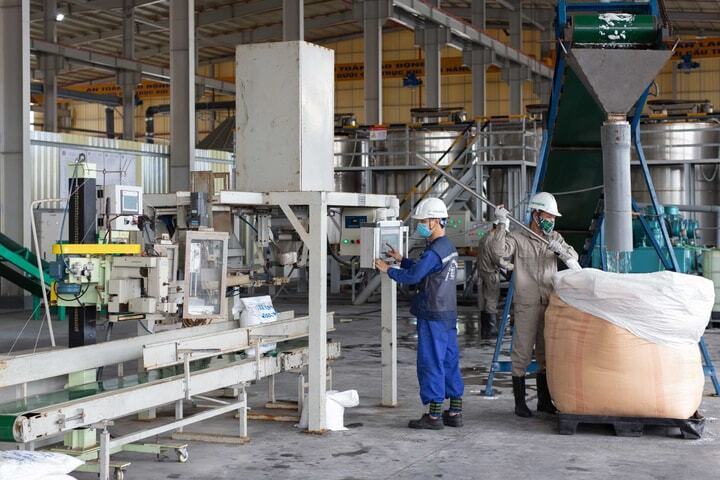
Vietnam needs to continue to build and improve the system of policies to support the development of environmental industries. Illustrative photo
Second, investing in financial resources, developing human resources and technology sufficiently. Finance is the decisive factor in investing and expanding the activities of environmental enterprises. The State needs to establish support funds, credit incentives, and tax reductions for enterprises applying clean technology. At the same time, developing high-quality human resources, knowledgeable about environmental technology and engineering is required to operate, research and innovate products. Technology, especially modern technologies for waste treatment and recycling, renewable energy and digitalization of environmental management processes, must be focused on development and rapid transfer, and can be transferred from advanced countries.
Third , international cooperation and investment attraction. Strengthening international cooperation helps Vietnam access capital sources, modern technology, and advanced management experience in the environmental industry. It is necessary to participate deeply in regional and global cooperation networks, sign agreements and joint projects with strategic partners. Attracting FDI in the environmental sector must be linked to the requirements of technology transfer and human resource training, ensuring that Vietnam both receives capital and improves its internal capacity to master core technology.
The environmental industry is a special economic and technical sector, both industrial in nature (products, equipment, production lines) and highly technical service in nature, playing a key role in environmental protection and promoting green transformation in socio-economic development.
Source: https://congthuong.vn/nhan-dien-5-xu-huong-cua-nganh-cong-nghiep-moi-truong-429689.html



![[Photo] Prime Minister Pham Minh Chinh attends the Patriotic Emulation Congress of the Ministry of Foreign Affairs for the 2025-2030 period](https://vphoto.vietnam.vn/thumb/1200x675/vietnam/resource/IMAGE/2025/11/10/1762762603245_dsc-1428-jpg.webp)



![[Photo] Prime Minister Pham Minh Chinh attends the annual Vietnam Business Forum](https://vphoto.vietnam.vn/thumb/1200x675/vietnam/resource/IMAGE/2025/11/10/1762780307172_dsc-1710-jpg.webp)
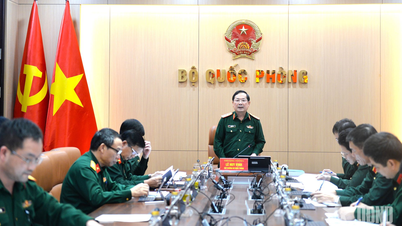





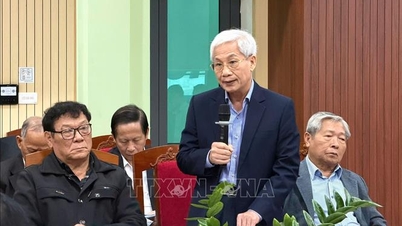






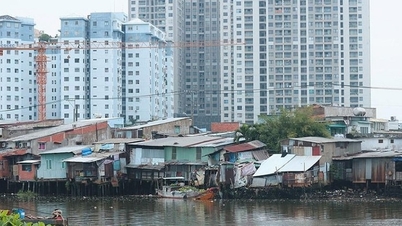




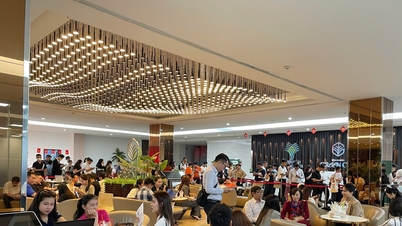






















































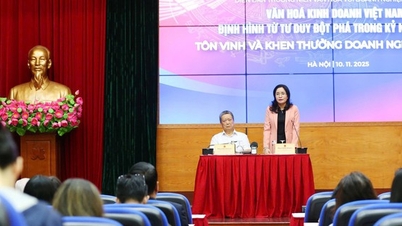


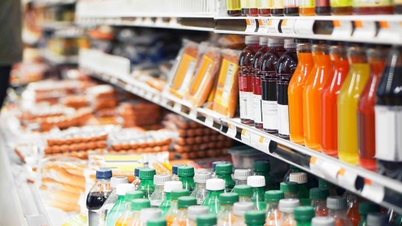


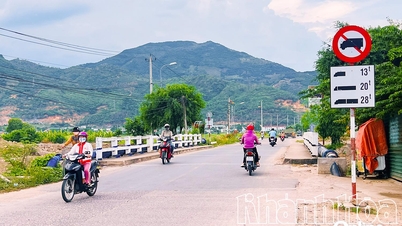




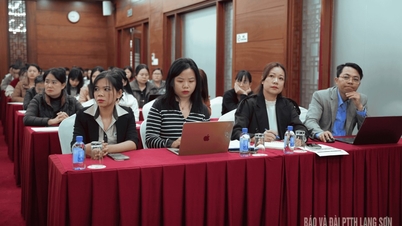


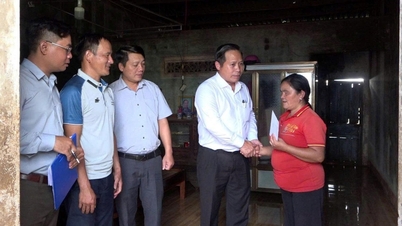

![Dong Nai OCOP transition: [Article 3] Linking tourism with OCOP product consumption](https://vphoto.vietnam.vn/thumb/402x226/vietnam/resource/IMAGE/2025/11/10/1762739199309_1324-2740-7_n-162543_981.jpeg)










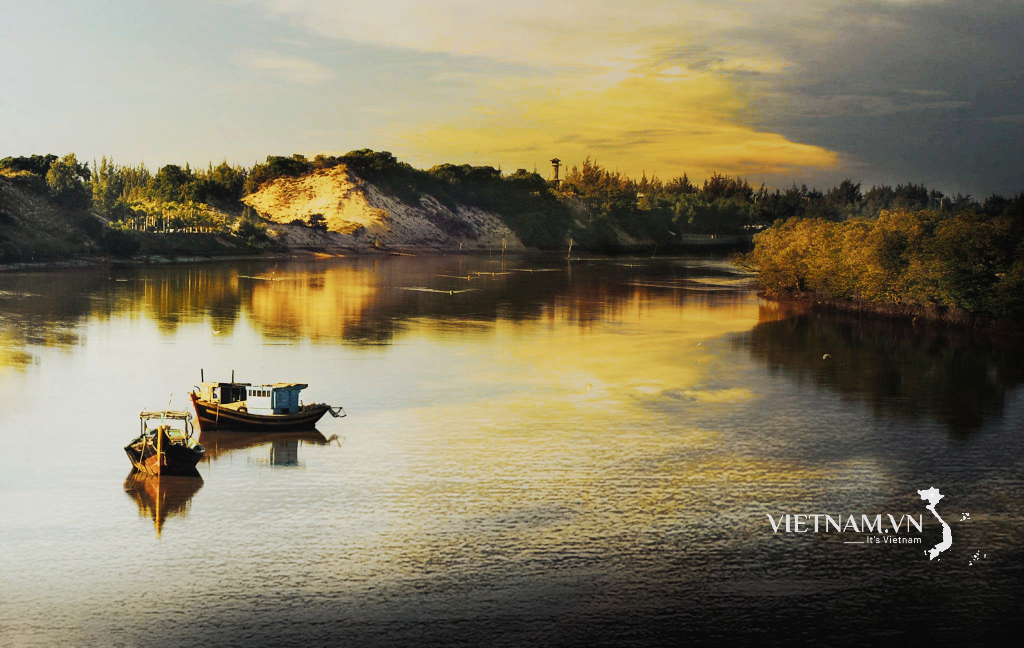
Comment (0)